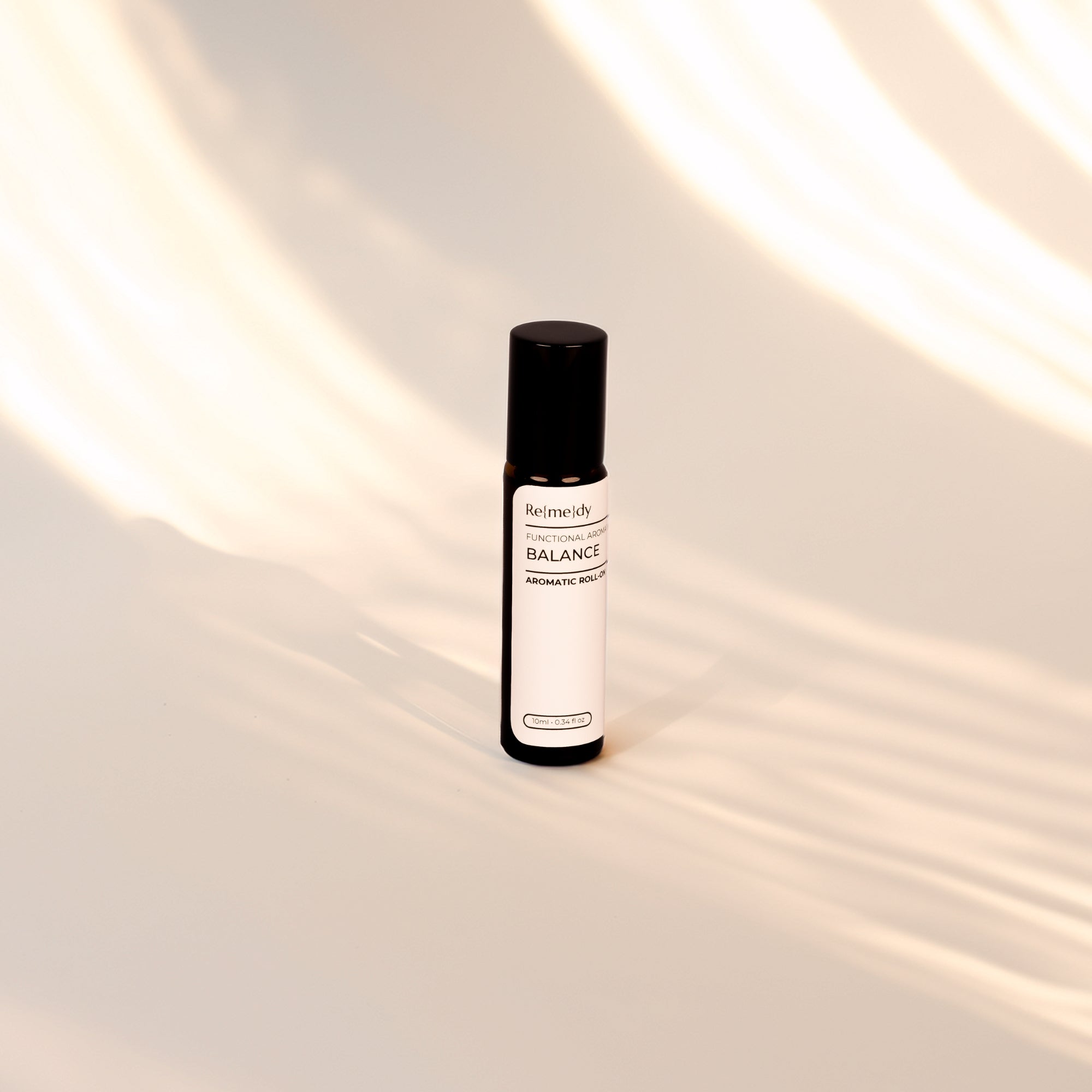
Balance Roll-On
A hormone balancing aromatherapeutic essential oil roll-on designed to bring harmony to both body & mind.
Soft Floral, Subtly Woody
Capric Caprylic Triglyceride, Pelargonium Roseum Oil (Geranium), Citrus sinensis Peel Oil Expressed (Sweet Orange), Rosa Damascena Flower Oil (Rose), Juniperus Virginiana Wood Oil (Cedarwood), Tocopheryl Acetate (Vitamin E).
- Helps balance mood & hormones
- Promotes sense of emotional stability
- Uplifts Mood
Choose options

How does balance help?
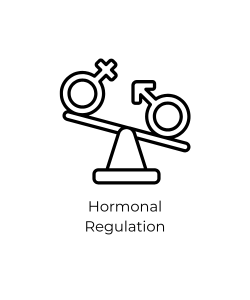
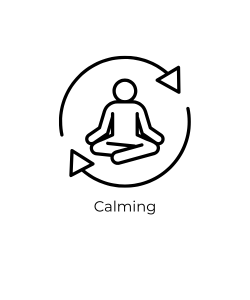
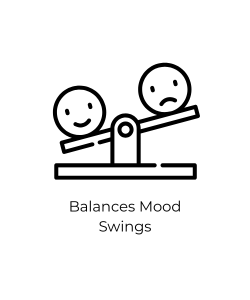
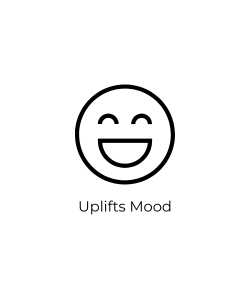
WHAT'S IN IT
BOTANICAL WONDERS
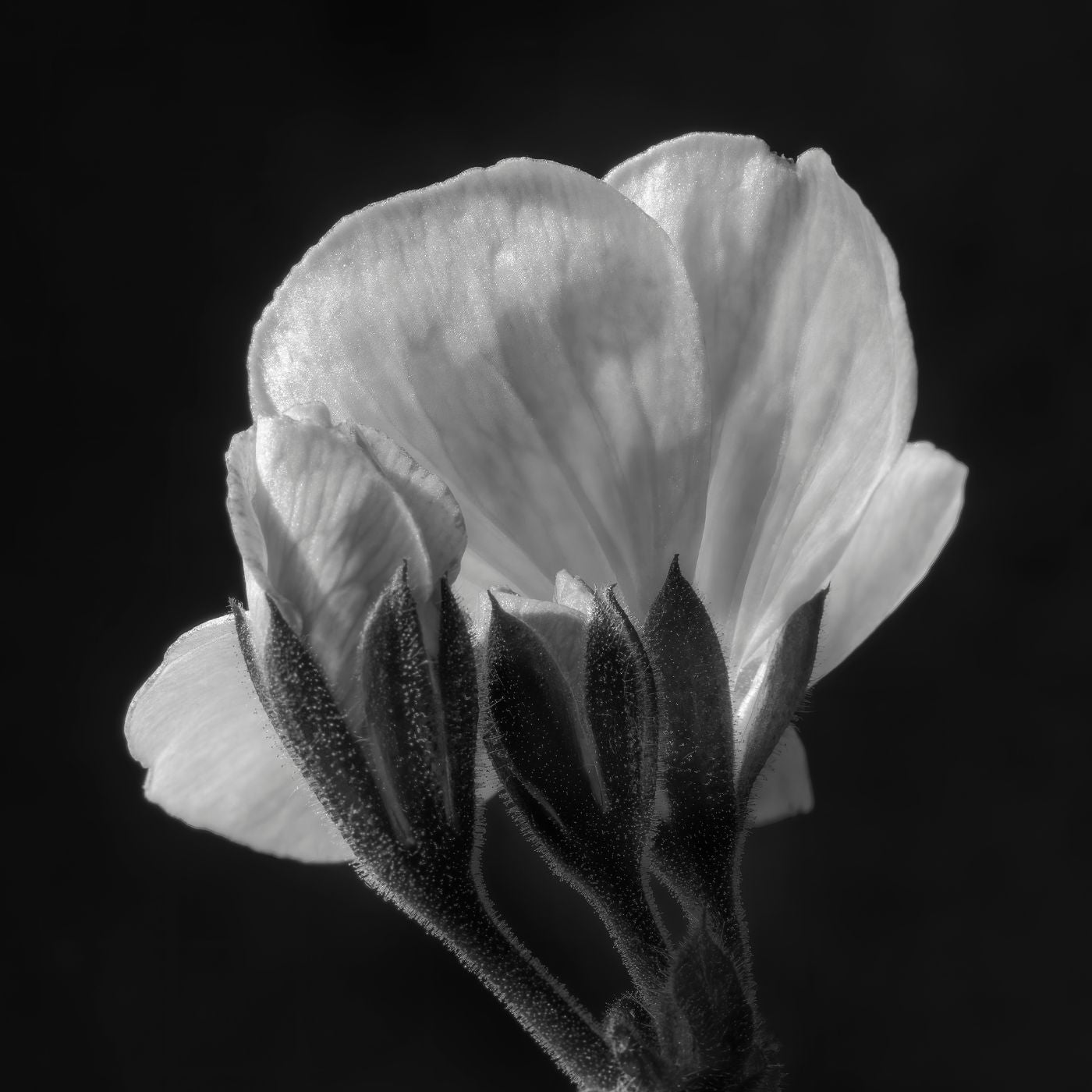
GERANIUM
Balances mood and hormones, eases tension, and promotes emotional stability and calm.

CEDARWOOD
Grounding and calming; helps reduce stress, steady the mind, and promote emotional balance.
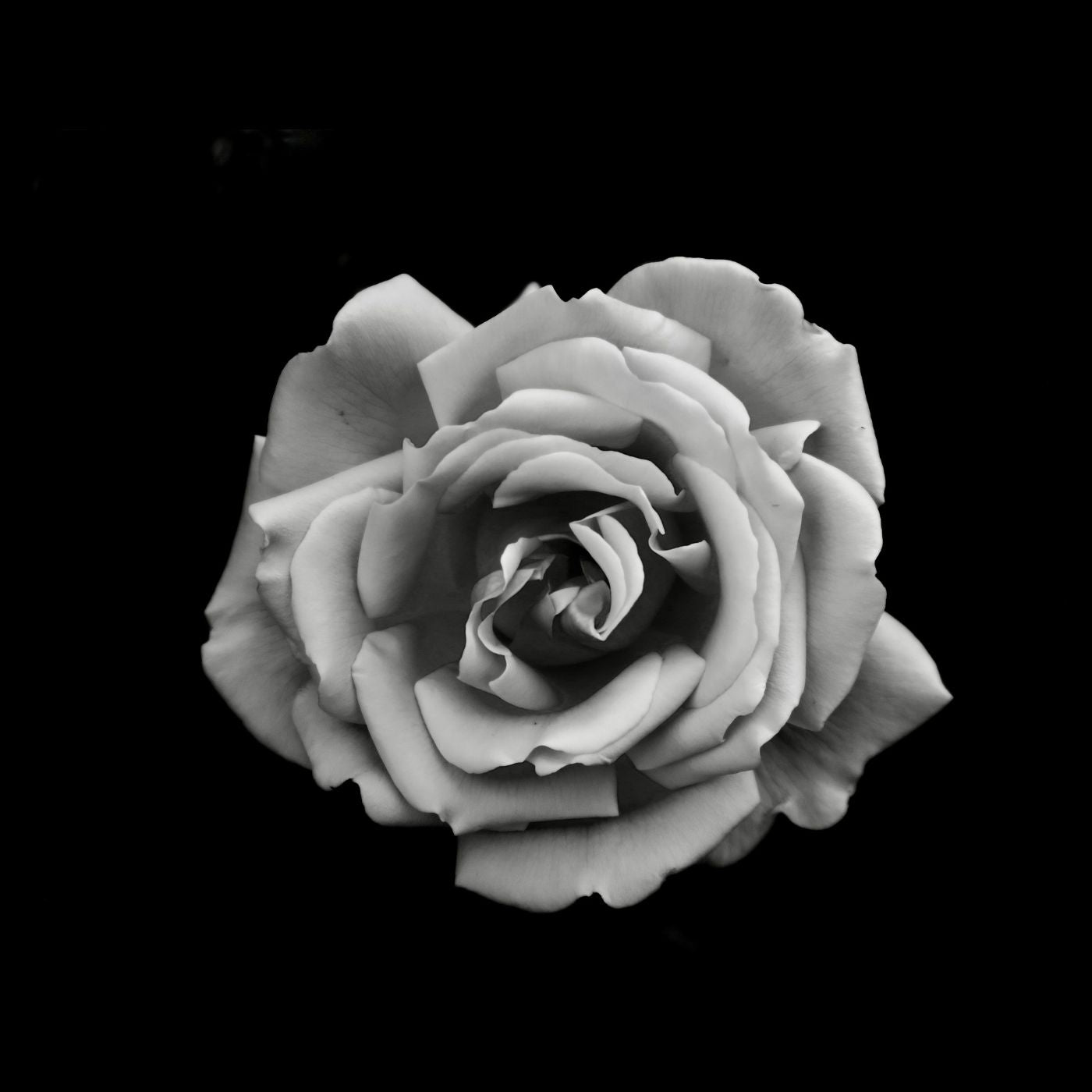
Rose
Nurturing and soothing; supports emotional healing, uplifts the heart, and promotes inner harmony.
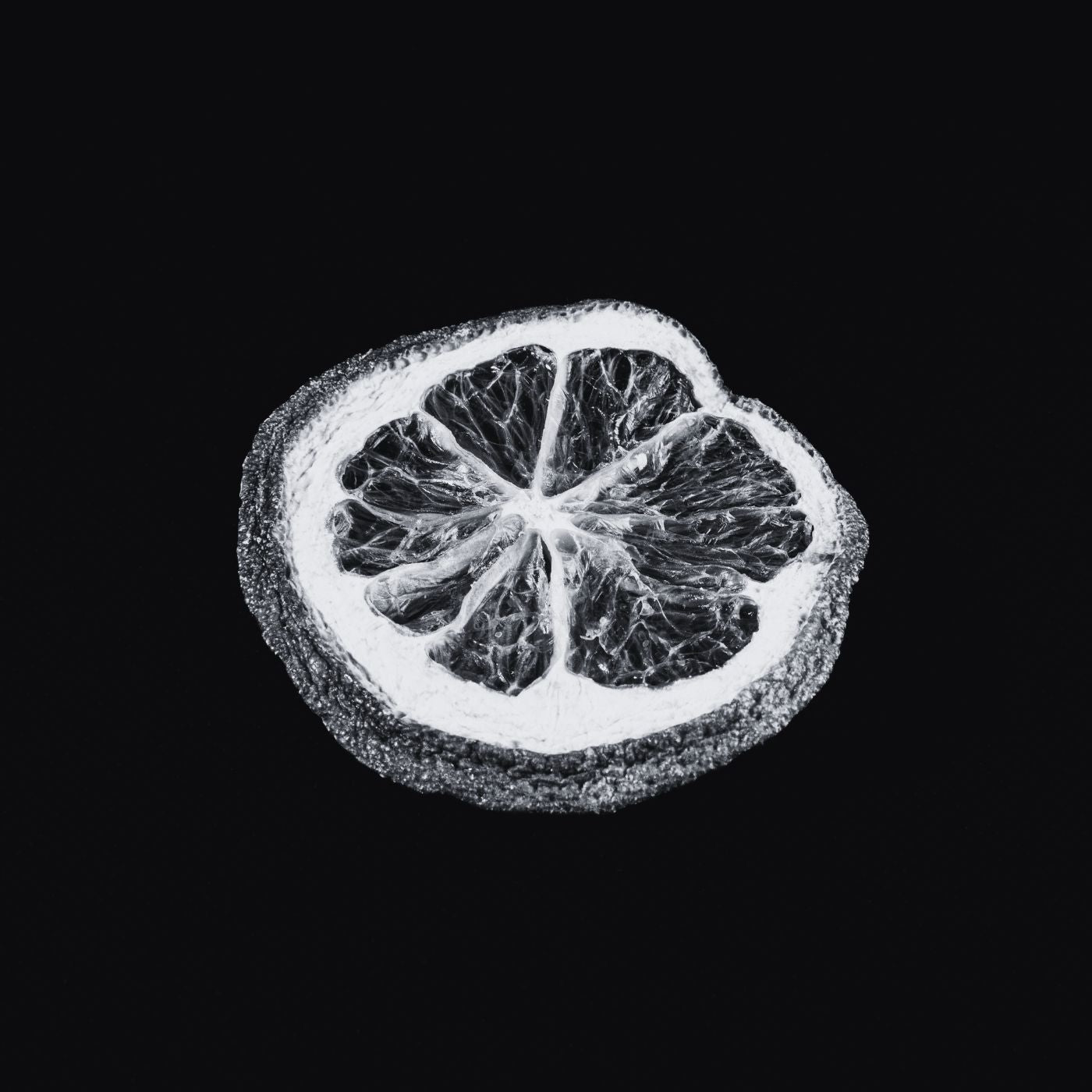
Orange
Bright and uplifting; helps relieve stress, boost mood, and bring emotional lightness.
FUNCTIONAL AROMATICS
BALANCE ROLL-ON
A colleague of ours was nearing her 50s and navigating the emotional and physical shifts of perimenopause. We wanted to create something to support her through the hormonal changes—something gentle, grounding, and nurturing. It took a few tries, but we eventually crafted a blend that truly helped. She was the one who suggested we share it, knowing there were likely many women like her.
That’s how Balance was born—a product made with sincere care and intention, and one we hope will bring comfort to others on a similar journey.
In Re{me}dy, there are two (2) types of roll-on products - perfume & functional.
Perfume Roll-ons are designed to create a specific scent. We do not take into account the specific benefits of the oils into the design.
Functional Aromatic Roll-ons are designed based on the functions of the oils to achieve a specific aromatherapeutic purpose / benefits.
Balance is designed to be a Functional Aromatic Roll-on to help women in particular who are experiencing hormonal imbalance.
Though many would think it's a product for Females, Balance is actually designed for to help with their Hormonal Imbalance for both MEN & WOMEN. [Hormonal Imbalance also happens to men, however we just don't talk much about it]
Hormonal Imbalance can happen at various stages of life and for many reasons - At Puberty, Menstrual Cycles, Perimenopause, Menopause, Andropause [for men], Chronic Stress, Thyroid Disorders, Poor Diet, Lack of Sleep, Polycystic Ovary Syndrome (PCOS), Medications [including diabetes, birth control, hormone therapies]
Hormonal imbalance happens when there is too much or too little of one or more hormones in the body. Because hormones act as chemical messengers that regulate nearly every function—from mood and metabolism to reproduction and sleep—even small imbalances can have noticeable effects on your physical and emotional health.
Common Signs of Hormonal Imbalance
FEMALE - Irregular/Missed Periods, Mood Swings/Anxiety/Depression, Fatigue/Low Energy, Hot Flashes/Night Sweats, Low Libido, Weight Gain/Difficulty Losing Weight, Sleep Disturbances, Brain Fog/Trouble Concentrating, Dry Skin/Thining Hair, Worsened Menstrual Symptoms, Breast Tenderness, Vaginal Dryness.
MALE - Low Energy/Chronic Fatigue, Low Libido/Erectile Dysfunction, Mood Swings, Loss of Muscle Mass, Weight Gain (Especially at Belly Area), Brain Fog/Trouble Focusing, Hair Loss, Sleep Issues.
The blend is for you to diffuse [i.e. using a diffuser]. We made the roll-on for you to easily bring around and apply onto your pulse points.
Simply apply it to your pulse points—areas where blood vessels are close to the skin, helping the aroma absorb and diffuse more effectively. Common pulse points include - wrists, temples, behind the ears, base of the neck & inner elbows.
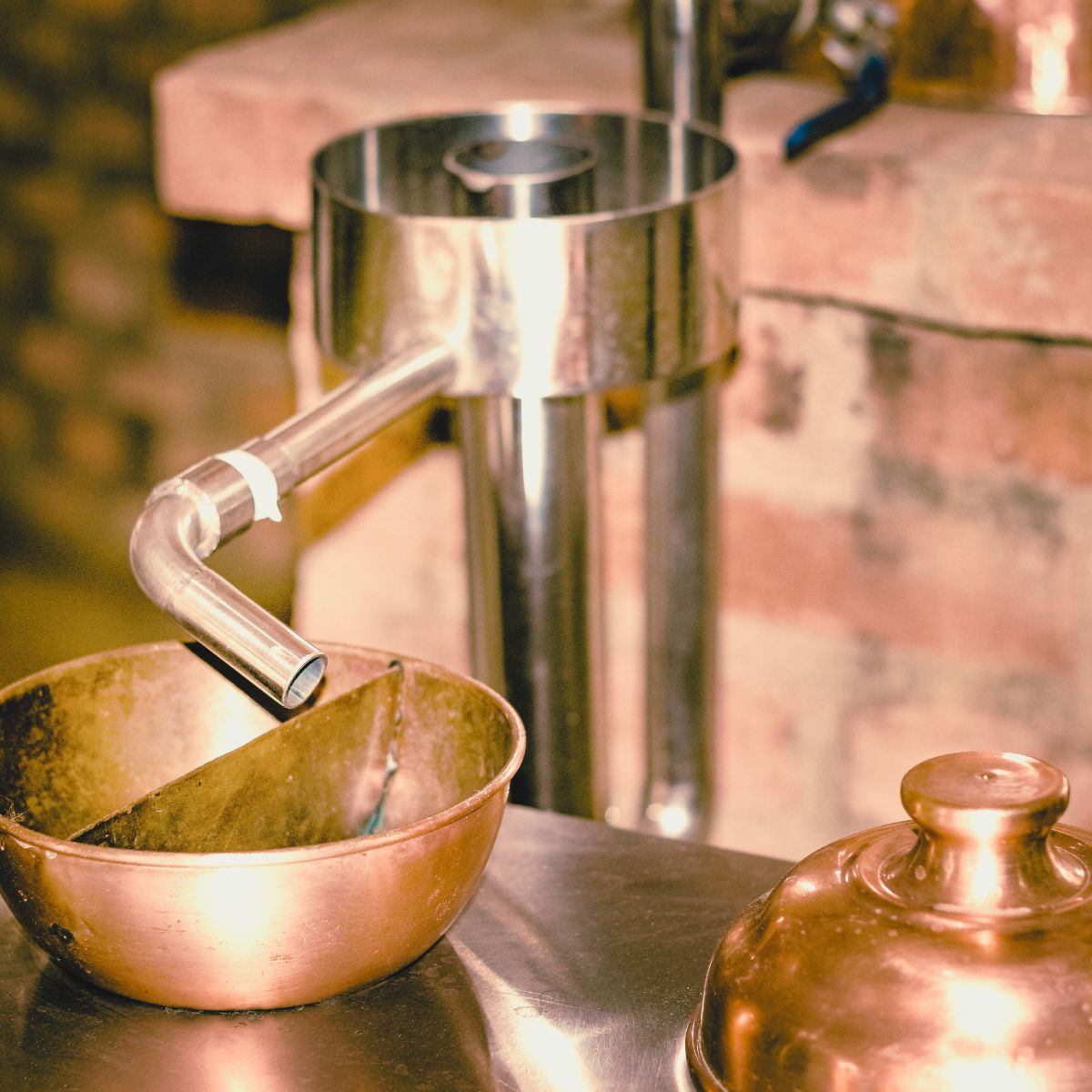
Discovery of Distillation
Persian scientist Avicenna developed steam distillation, allowing the extraction of pure essential oils
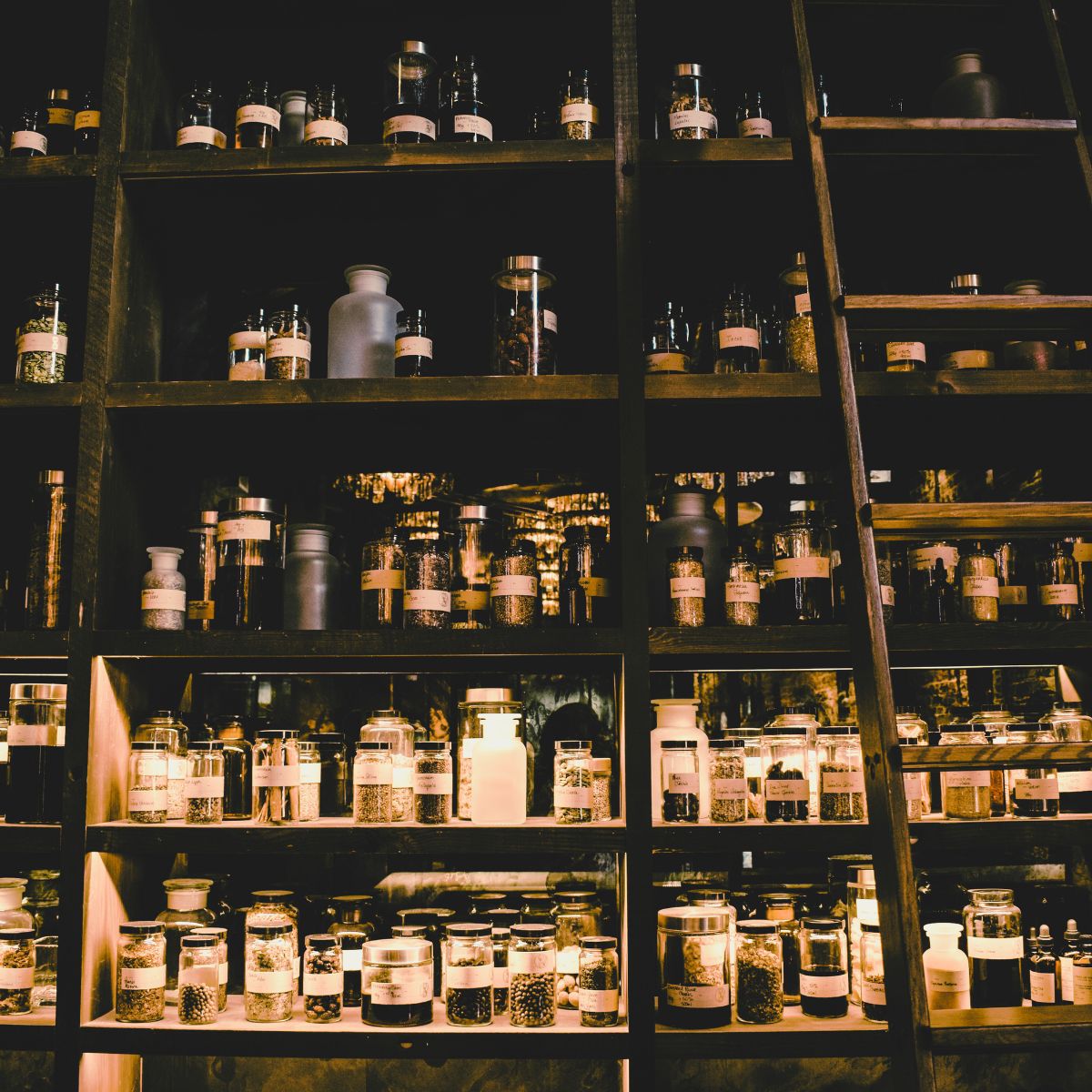
Birth of Aromatherapy
René-Maurice Gattefossé, a French chemist, coined aromathérapie after successfully using lavender oil to heal a burn. He published a book in 1937 exploring the medicinal use of essential oils.
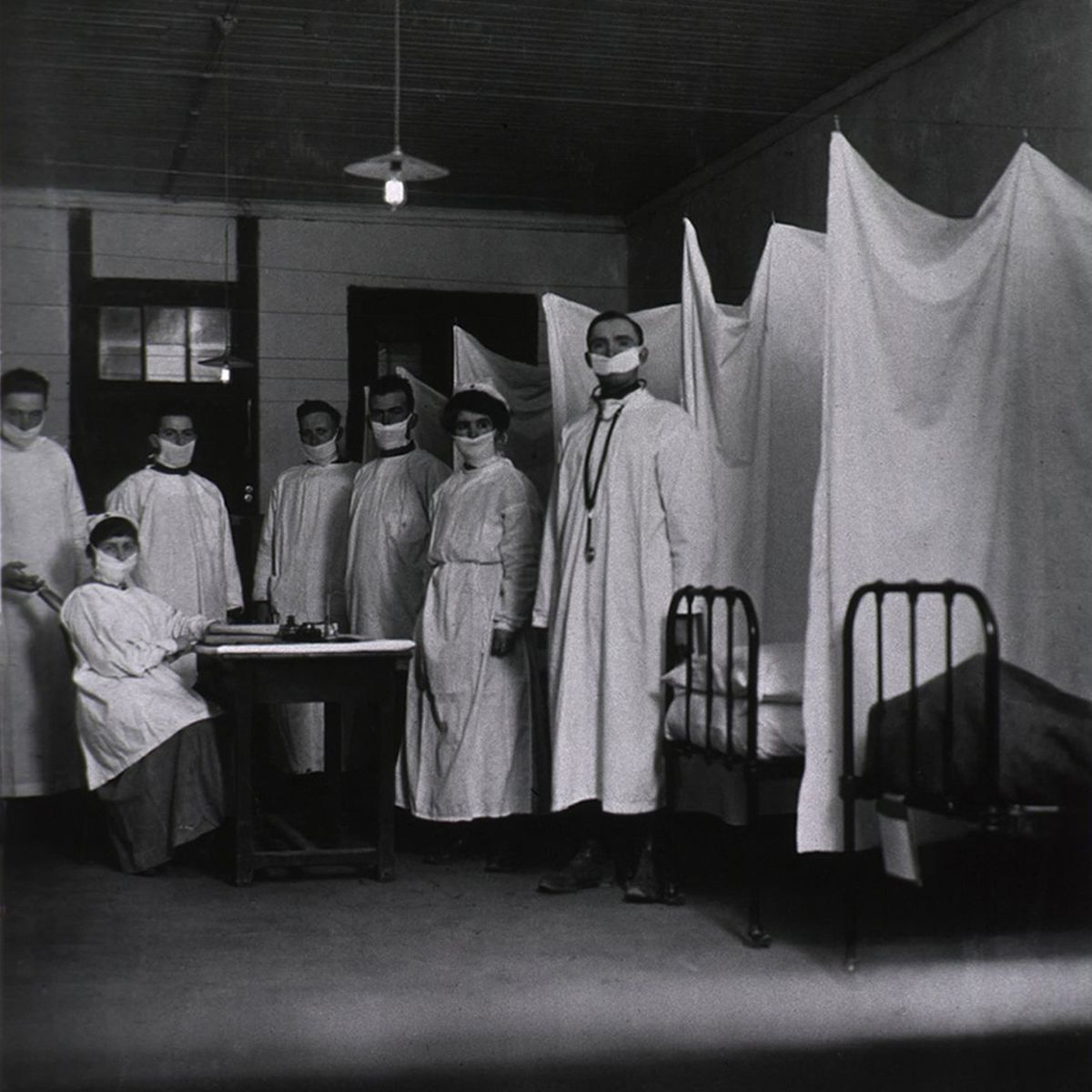
Aromatherapy in Clinical Use
Dr. Jean Valnet, a French military doctor, used essential oils to treat wounds and infections and aromatherapy is introduced into mainstream medical discussions in Europe.
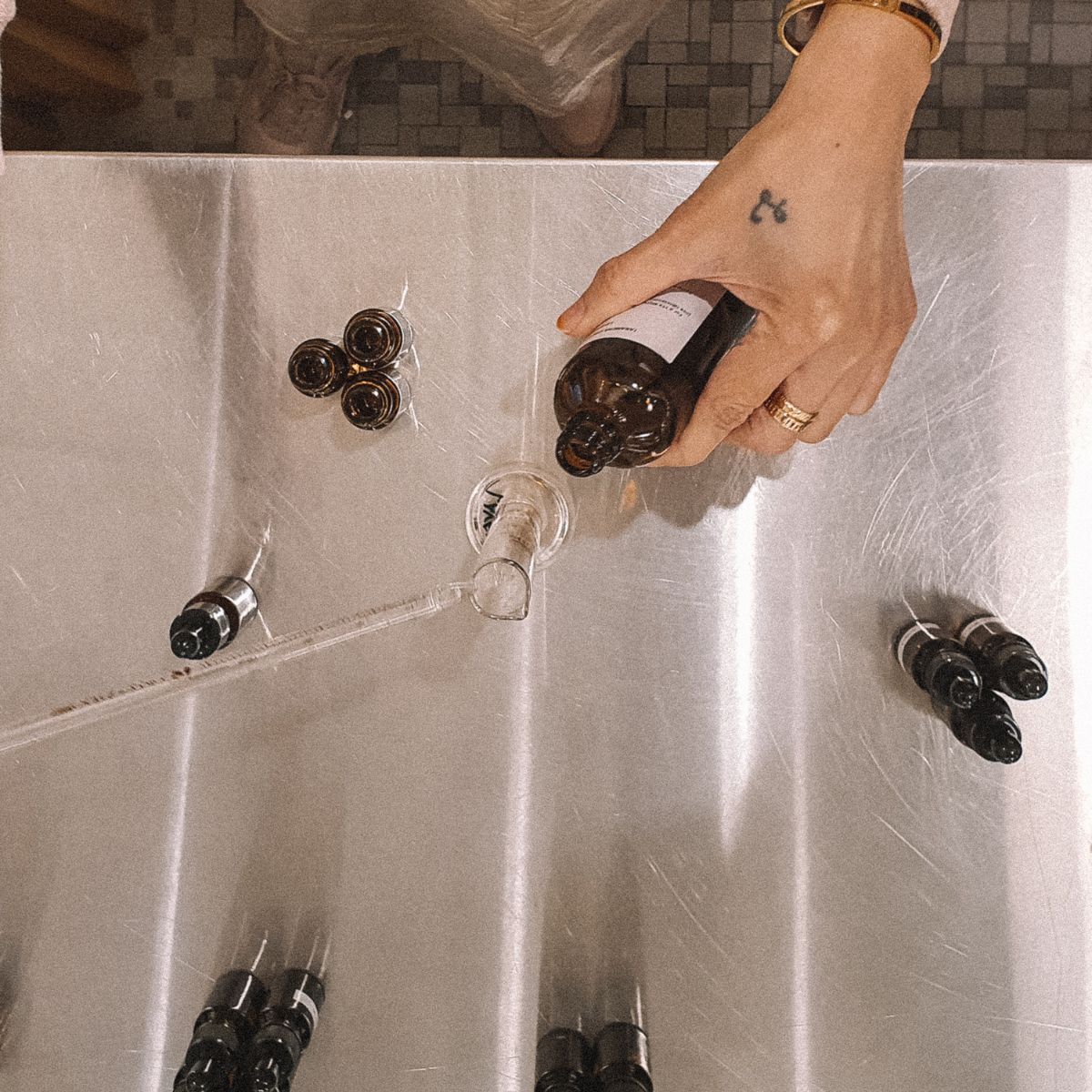
Growing Scientific Validation
Studies validated oils like lavender and peppermint had measurable effects on anxiety, sleep, and digestion.
Essential oils gained use in hospitals for stress and pain management (e.g., lavender for pre-surgery anxiety).
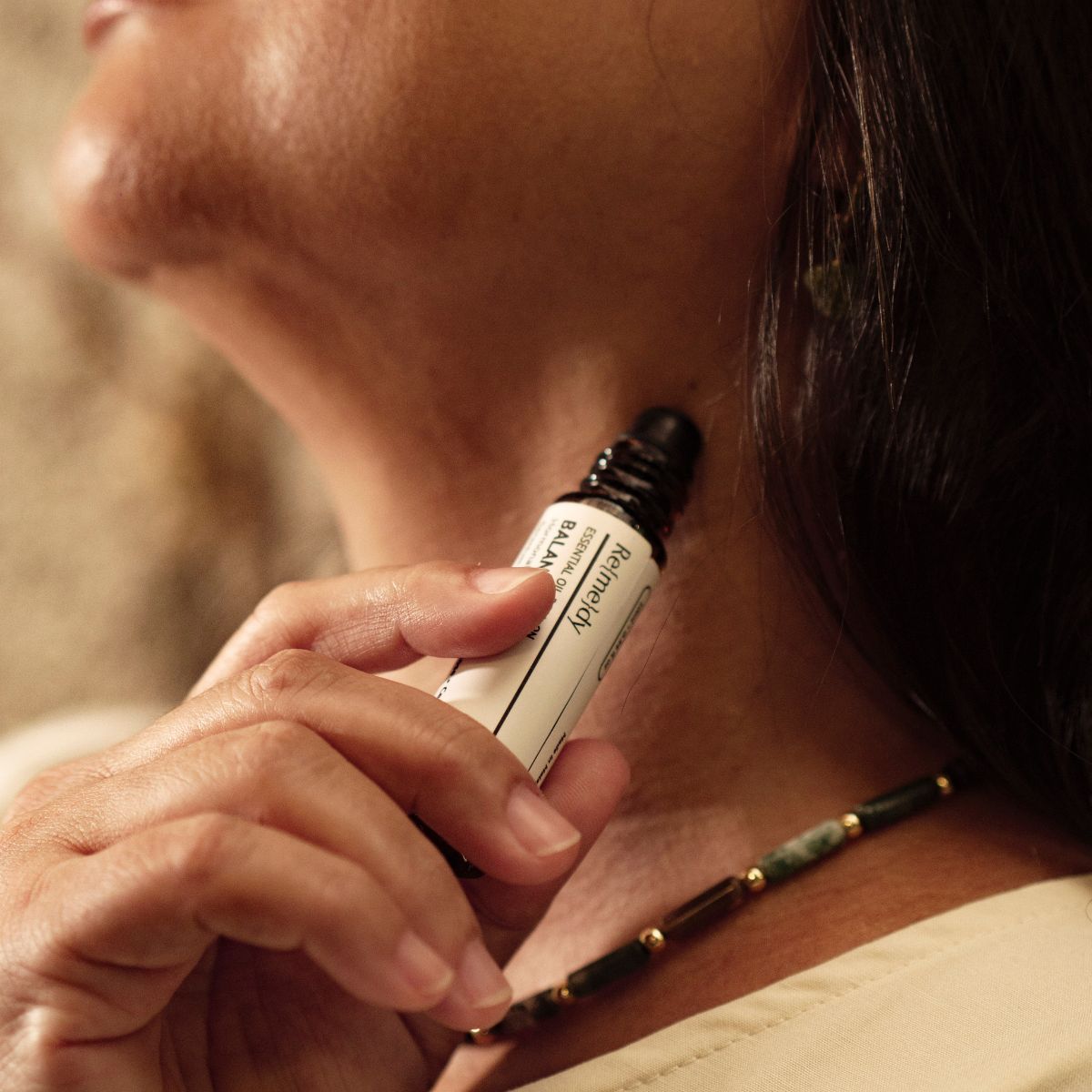
Clinical Research & Integration
Peer-reviewed studies continue to confirm benefits of oils like Lavender, Peppermint, Tea Tree.
Aromatherapy is now officially integrated in wellness clinics, palliative care, and mental health support.
What customers ask
Frequently Asked Questions
Yes, scientific studies support the effectiveness of aromatherapy. Essential oils interact with the olfactory system, sending signals to the limbic system in the brain—responsible for emotions, memory, and behavior. This can influence mood, stress response, heart rate, and even hormone regulation.
Research has shown that specific essential oils, such as lavender, bergamot, and rose, can help reduce anxiety, improve sleep, and promote relaxation. While aromatherapy isn’t a replacement for medical treatment, it is increasingly used as a complementary therapy in hospitals, mental health settings, and wellness programs due to its measurable benefits.
Many medications, especially those for mood, hormones, or sleep, work by chemically altering the body’s systems—sometimes leading to side effects or long-term dependence. Aromatherapy, on the other hand, works in a gentler, non-invasive way, engaging the brain’s limbic system through scent to influence mood, stress levels, and even hormone response. So we would always recommend you to try aromatherapeutic products before actually resorting to medications.
For symptoms like mood swings, anxiety, fatigue, or emotional stress—especially those tied to hormonal changes—aromatherapy can help the body regulate itself naturally. It’s often effective as a first-line support, allowing you to respond to your body’s needs without immediately turning to medication that may disrupt its natural balance.
At Re{me}dy, we prioritise quality, transparency, and safety in everything we make. Our products are formulated with pure, responsibly sourced essential oils and natural ingredients—crafted with intention, never shortcuts.
Unfortunately, many mass-market or low-cost products are adulterated with synthetic fillers, diluted oils, or undisclosed additives that can compromise both effectiveness and safety. If a product’s price seems too good to be true, it probably is. So our word of advice is to choose reputable makers.
Authentic essential oils are labour-intensive to produce and in high demand, which means they come at a real cost. We believe your well-being deserves nothing less than products that are effective, honest, and truly safe to use.
Though essential oils can be used at this stage, it needs to be specially formulated and certain oils are a big No No. So as a general rule, we would recommend you to stay away from aromatherapeutic products [Unless guided by a professional]
The reasons are -
- Some essential oils (like clary sage, geranium, rosemary, basil) can mimic or influence hormones, which may interfere with the delicate hormonal balance necessary during pregnancy. Certain oils may even stimulate uterine contractions, potentially increasing the risk of miscarriage, especially in the first trimester.
- During pregnancy and breastfeeding, what you use on your body may cross the placental barrier or pass into breast milk. While studies are limited, some essential oil components could potentially affect fetal or infant development—especially the liver, which is still developing and less able to process potent compounds.
- Pregnancy often makes the skin more sensitive, increasing the risk of irritation, rashes, or allergic reactions from essential oils.
In most cases, aromatherapy can be safely used alongside other medications or treatments as a complementary approach to support emotional well-being and relaxation. However, because essential oils are bioactive compounds, they may interact with certain medications or health conditions in rare cases.
If you’re on prescription medication, undergoing hormone therapy, or managing a medical condition, we recommend consulting a healthcare provider or certified aromatherapist before use—especially if applying daily or over extended periods.
